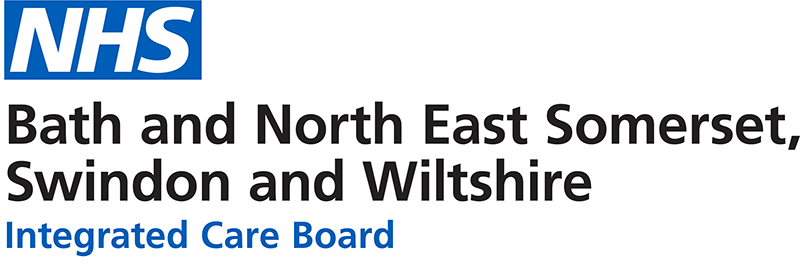Swindon Integrated Care Alliance
Located in the north-east of Wiltshire, Swindon is the county’s largest settlement, with a population of more than 220,000 people.
A thriving town, with a history rooted deep in industry, Swindon has expanded greatly within the last 10 years, mainly due to its competitive house prices and its proximity to nearby large towns and cities, such as Bristol, Bath, Reading, Oxford and London.
Although an attractive place to live and work, especially for new families and high-earning professionals looking to commute, Swindon’s health landscape is marred by a number of challenges. There is a sharp contrast in life expectancy depending where in the town people live. Some studies have suggested that men in the more affluent areas of Swindon could live up to nine years more than those in the more deprived areas.
Other challenges facing Swindon are similar to those that affect other towns and cities, such as ageing populations, growing obesity levels and an increasing number of people falling victim to drug and alcohol misuse.
Despite this, Swindon is in a fantastic position to build its health economy into something truly integrated.
The Great Western Hospital, located to the south of the town, not only provides acute healthcare, but also community care and, more recently, primary care services. Having a single provider for a wide range of services ensures that care can be more joined-up and puts Swindon in a position that is unique to other similar-sized towns.
Read the historic Annual Reports, which details the progress the CCG made in each financial year.
Priorities for Swindon:
- Improvement
- Working with communities
- Infrastructure
Under each of these areas are a number of further, more-detailed priorities that showcase where the Swindon Integrated Care Alliance is heading.
Improvement
- Building capacity and resilience
- Develop new models of care (including mental health)
- Address unmet health needs in key areas
Working with our communities
- Tackling health inequalities
- Strength-based approach
Infrastructure
- Workforce
- Integrated system
- Estates (including primary care)
- Technology
- Ensure efficient services
Significant work programmes under way
- Exploring enhanced intervention in some of the town’s most deprived areas to see if benefits can be achieved
- Enable staff to work flexibly across the whole system through new approaches
- Reduce autism and learning disability waiting lists, and clear any backlogs that exist
- Encourage people to take up self-care programmes, which is backed-up by enhanced community support
